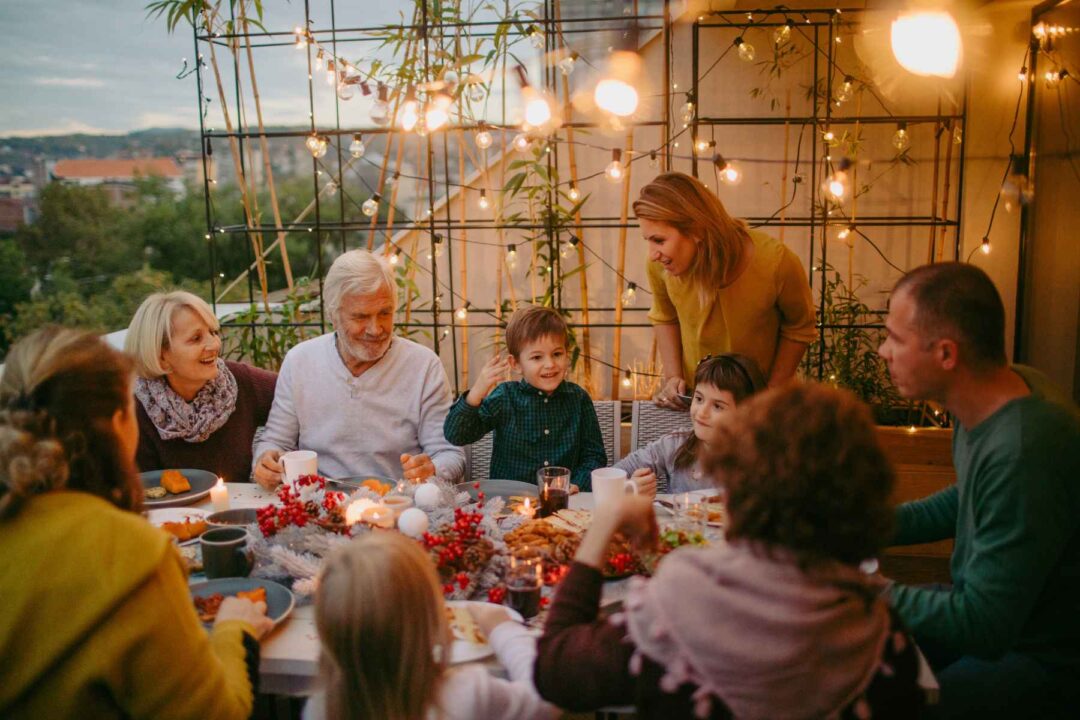Blended families face unique challenges that can strain relationships and create tension within the family unit. Family Counseling can be a powerful resource in navigating these difficulties, but making the most of this process requires a balanced and realistic approach. In this article, we will explore how blended families can maximise the benefits of therapy by embracing vulnerability, open-mindedness, and resilience.
The Right Therapist for Your Blended Family
Finding the right therapist is crucial for a successful counselling experience. Look for a therapist who creates a safe and comfortable environment, where every family member feels heard and respected. It may take time and a few sessions to find the right fit, so be patient and persistent in your search. Remember, the therapist should be someone who helps you feel at ease, allowing you to open up and explore difficult emotions.
Preparing for Family Counselling/Therapy
One of the keys to making the most of family counselling is being ready to confront personal contributions to the issues. This can be confronting, as it requires self-reflection and an open mind. Many individuals initially seek therapy to validate their belief that someone else needs to change. However, therapy often leads us to examine ourselves, our mindset, and our perspective. Embrace the possibility that personal growth and change may be necessary for positive outcomes.
Embracing Vulnerability and Openness
Family Counselling/therapy thrives on vulnerability and openness. It’s essential to create a safe space where family members feel comfortable expressing their thoughts, emotions, and concerns. Letting down walls and being vulnerable can be challenging, but it is in this space that healing and growth occur. Remember, therapy is a judgment-free zone where everyone is working towards positive change and understanding.
Embracing New Strategies and Approaches
To get the most out of therapy, be open to trying new strategies and approaches suggested by the therapist. This may involve challenging old habits and patterns, which can be uncomfortable at first. Understand that change takes time and patience. It may require addressing deeply ingrained behaviours and embracing new, healthier ways of relating and communicating. Be willing to put in the effort and try new approaches multiple times before determining their effectiveness.
Resilience and Persistence
Change is rarely a linear process, and setbacks may occur along the way. It’s important to remain resilient and persistent throughout the therapeutic journey. Old habits and patterns can be deeply ingrained, and it’s natural to revert to familiar but unhealthy behaviours. Remember that progress takes time and effort. Stay committed to the process, even during challenging moments, and trust in the potential for positive outcomes.
Conclusion
Family counseling/therapy offers blended families a valuable opportunity to address challenges, heal wounds, and strengthen their bonds. By finding the right therapist, being open and vulnerable, embracing new strategies, and cultivating resilience, blended families can make the most of their counselling experience. Remember, therapy is a collaborative effort, and positive change requires active participation from every family member.





No Comments Found